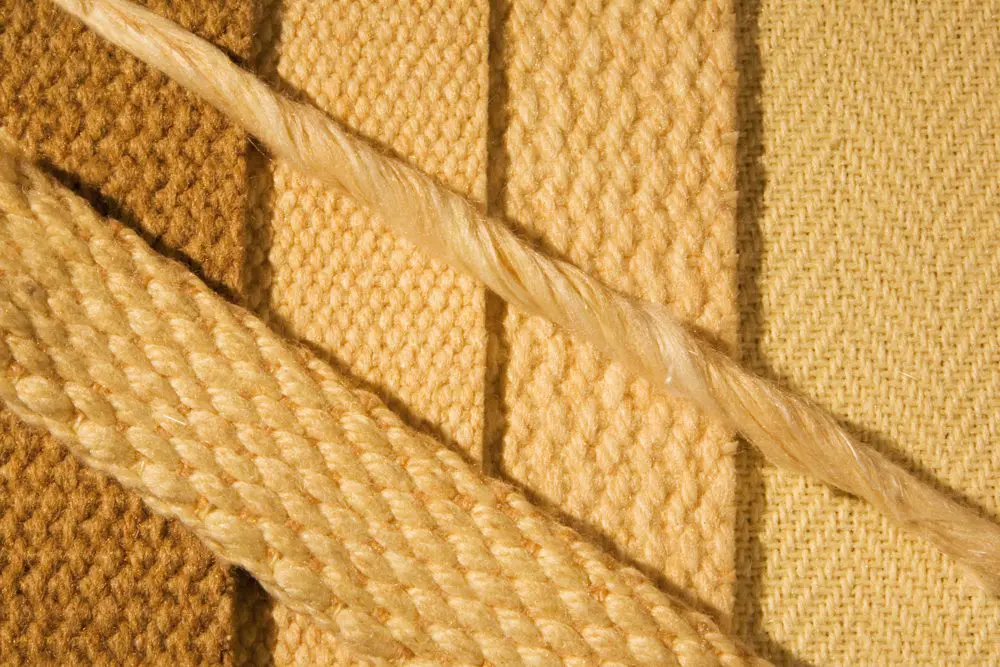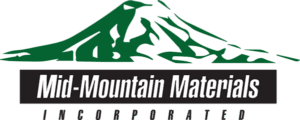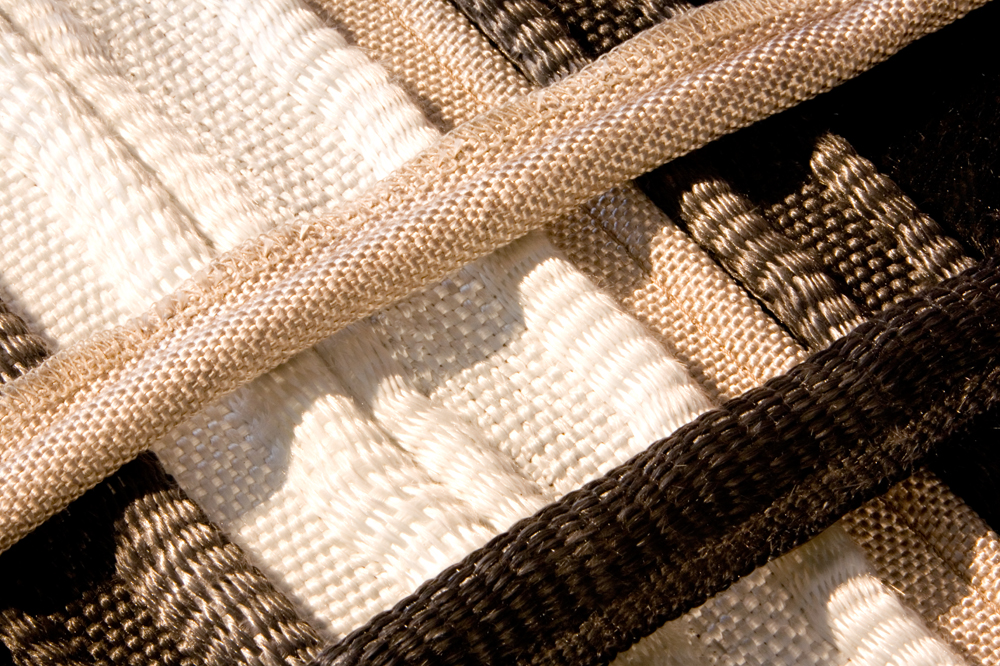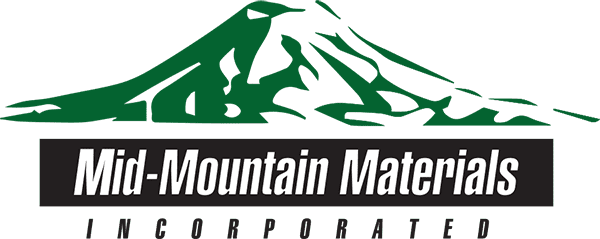Thermal insulation refers to the many ways we attempt to inhibit the transfer of heat from one object to another. These two objects may be the hot and cold faces of processing equipment in industrial facilities or the interior and exterior of external walls in domestic properties. The contexts in which thermal insulation may be used are theoretically limitless.
Despite the vast range of applications available to functionalized insulating materials, they all provide similar fundamental benefits: Lower energy losses lead to greater efficiency which yields greater returns on investment (ROIs). Whether insulating residential cavity walls or shielding sensitive mechanics from high temperatures, all different types of insulation abide by these same simple principles.
In this article, Mid-Mountain Materials, Inc. explores some of the different types of thermal insulation and their applications in more detail.
Working Principles of Thermal Insulation
Before outlining the various types of insulating materials used in high-temperature applications, it is worth reviewing some of the basic concepts of thermal conduction and insulation. Heat is a thermodynamic quantity of thermal energy that flows from one system to another when there is a temperature differential between the two. It is transferred via one of three different methods:
- Conduction
- Convection
- Radiation
Thermal insulation is typically used to limit heat transfer via conduction which requires objects to be in direct contact with one another. Some types of insulation utilize reflective coatings to prevent heat transfer via radiation, but in this article, we are mainly dealing with heat transfer between contacting objects.
The rate at which heat transfers between objects is determined by the thermal conductivity (k) of materials. Metals and ceramics with high thermal conductivities are often used for heat transfer applications. Silicon carbide, for example, with a nominal conductivity of 170 W/m-K, is routinely used to engineer high-temperature heating elements for industrial ovens and furnaces.
Vice versa, low thermal conductivities yield extremely high resistance values. Many silica-based materials boast resistance values of less than 2 W/m-K, which can effectively mitigate the absorption of heat to minimize transfer. Though the thermal conductivity of insulation materials is a critical factor in performance, many other properties must be considered, including:
- Density
- Specific heat capacity
- Thickness
- Thermal bridging

What Materials are Used in Thermal Insulation?
Naturally, materials with high heat resistance values are formatted in the densest and thickest formats possible to provide effective thermal insulation. Products based on fibrous and needled mats are among the most popular configurations as they can be manufactured, shipped, and installed quickly and efficiently. Flexible formats also provide a much-needed measure of versatility when it comes to wrapping thermal insulation around complex mechanisms or filling tight voids.
If you would like a more in-depth look at how our thermal insulation materials service harsh high-temperature environments, read our previous blog post: Thermal Insulation Fabrics for Steam Valve Jackets
However, the widespread historical use of asbestos in such formats highlighted the potential dangers inherent in certain materials. Despite an outstanding resistance value of 0.08 W/m-K, asbestos has known carcinogenic effects and is associated with a wide range of serious long-term health conditions.
At Mid-Mountain, we utilize high purity refractory ceramic fibers, silica-based fabrics, fiberglass mats, and many other types of insulating materials to ensure safe and optimal performance in any application area. Our industrial insulation systems offer unprecedented performance in some of the harshest industrial applications available. A selection of our formats available include:
- Die-cut gaskets
- Furnace lining seals
- Removable insulation blankets
- Pipe insulation
Thermal Insulation from Mid-Mountain Materials
Mid-Mountain Materials, Inc. is an industry-leading supplier of thermal insulation for demanding areas of application. For a full consultation on how our products provide tangible ROIs in thermal management applications, simply contact a member of the sales team today.


